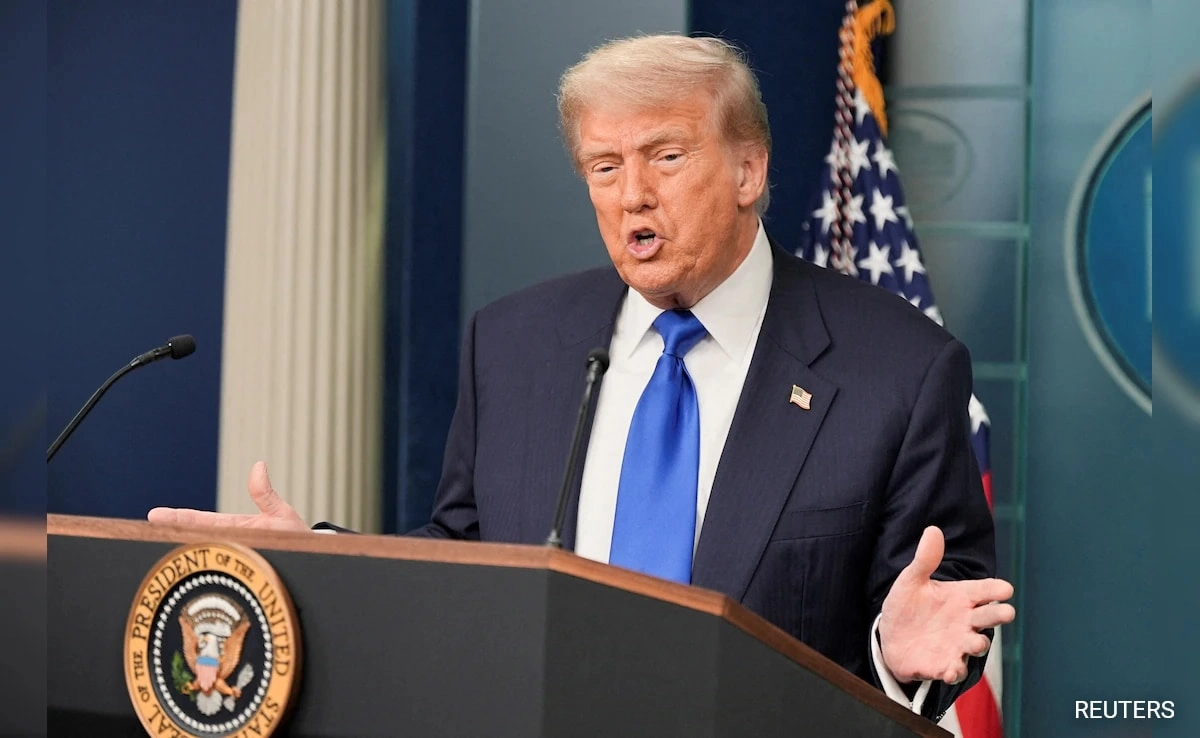The policies of former President Donald Trump have elicited a spectrum of reactions from world leaders, highlighting the complexities of international relations during his administration. On the positive side, many leaders praised Trump for his focus on prioritizing national interests and promoting an “America First” agenda. This approach resonated particularly with leaders in countries that welcomed a more transactional style of diplomacy. For instance, leaders from several Eastern European nations expressed appreciation for Trump’s commitment to strengthening NATO and countering Russian influence in the region. Trump’s decision to withdraw from the Iran nuclear deal also garnered support from allies such as Israel and Saudi Arabia, who viewed it as a necessary step to curb Iran’s influence in the Middle East.
Conversely, Trump’s policies often drew sharp criticism from global leaders who viewed them as isolationist and detrimental to international cooperation. Many European leaders were alarmed by the withdrawal from international agreements, such as the Paris Climate Accord, arguing that it undermined collective efforts to combat climate change. Additionally, Trump’s trade tariffs and confrontational stance towards China sparked concerns about escalating tensions in global markets and the potential for a trade war that could impact economies worldwide. Leaders from Canada and Mexico expressed frustration over the renegotiation of NAFTA, fearing that these changes could disrupt established trade relationships.
In the middle ground, some leaders adopted a pragmatic approach, recognizing both the benefits and drawbacks of Trump’s policies. For instance, leaders in Asia acknowledged the importance of a stronger U.S. presence in the region as a counterbalance to China’s growing influence while also expressing concerns about the unpredictability of Trump’s trade policies. This nuanced perspective reflects the reality that while some policies may have aligned with specific national interests, the broader implications could lead to instability and uncertainty in international relations. The varied reactions underscore the complexity of global diplomacy in the face of a leader whose approach departed significantly from traditional norms, illustrating the intricate balance world leaders must navigate in response to U.S. policy shifts.
Ultimately, the legacy of Trump’s policies continues to influence international relations, as leaders grapple with the implications of his administration’s decisions. While some embraced the changes, viewing them as an opportunity to reshape alliances, others remain wary of the long-term consequences of a more insular U.S. policy. This dynamic landscape underscores the importance of dialogue and cooperation among nations, as leaders strive to adapt to the evolving geopolitical climate shaped by Trump’s tenure. As the world moves forward, the reactions to Trump’s policies will likely continue to resonate, influencing the strategies and relationships that define global politics in the years to come.




